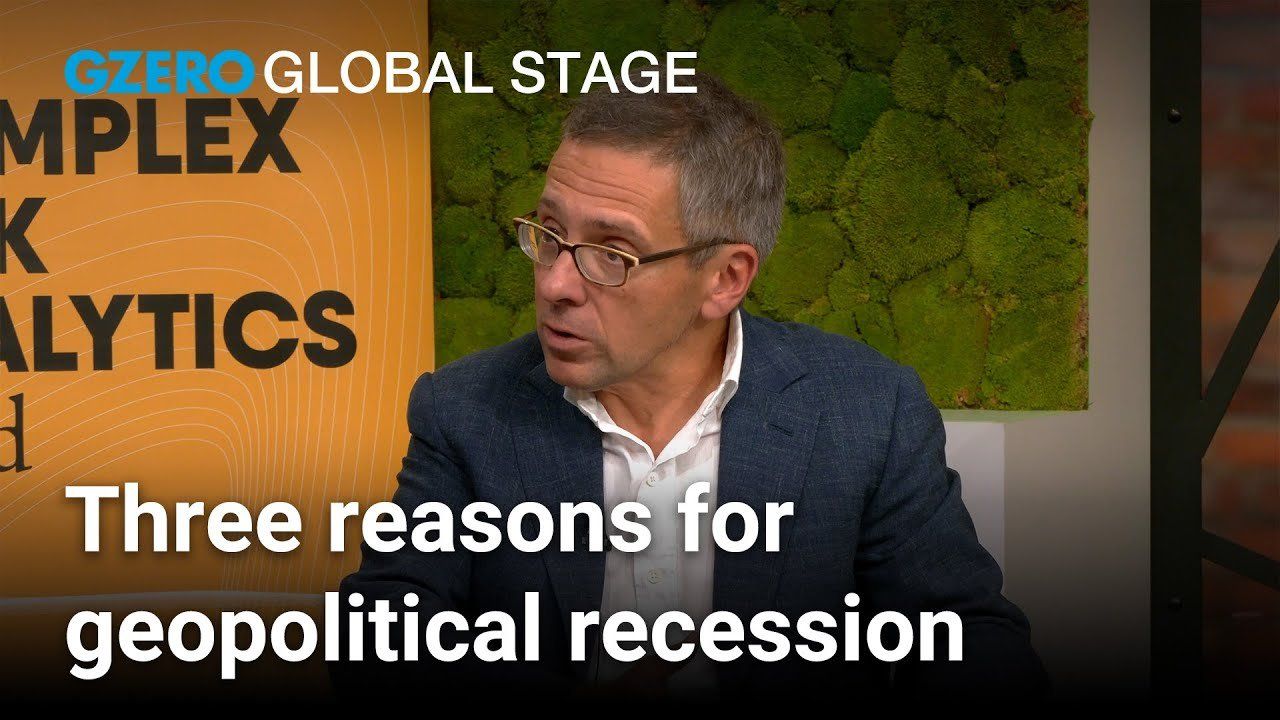UN General Assembly
Ian Bremmer: Russia, China and other factors are driving geopolitical recession

- YouTube

In a Global Stage livestream discussion from the 79th UN General Assembly, Ian Bremmer explained the concept of a "geopolitical recession," a term he uses to describe the growing disconnect between global power dynamics and existing international frameworks.
Bremmer identified three main factors driving this shift: First, Russia, which remains at odds with the core principles of the UN, was not fully integrated into the West after the collapse of the Soviet Union. Second, while China was successfully brought into global structures, it has maintained its authoritarian, state-capitalist model, causing discomfort, particularly in the West. Lastly, citizens in advanced democracies, especially the US, feel their leaders have neglected their needs, leading to widespread dissatisfaction.
These factors, Bremmer argues, are fueling global instability and dissatisfaction, contributing to what he calls a "geopolitical recession."
Bremmer spoke during GZERO’s Global Stage livestream, “Live from the United Nations: Securing our Digital Future,” an event produced in partnership between the Complex Risk Analytics Fund, or CRAF’d, and GZERO Media’s Global Stage series, sponsored by Microsoft.
Ian Bremmer sits down with former US Ambassador to NATO Ivo Daalder to unpack a historic shift in the transatlantic alliance: Europe is preparing to defend itself without its American safety net.
Think you know what's going on around the world? Here's your chance to prove it.
Argentina, Armenia, Belarus, Egypt, Indonesia, Jordan, Pakistan, Paraguay, Vietnam – to name only a few.
A poster featuring Andrew Mountbatten-Windsor, formerly known as Prince Andrew, is installed on a sign leading to the parking area of the Sandringham Estate in Wolferton, as pressure builds on him to give evidence after the U.S. Justice Department released more records tied to the late financier and convicted sex offender Jeffrey Epstein, in Norfolk, Britain, February 5, 2026.
British police arrested former Prince Andrew Mountbatten-Windsor today over allegations that in 2010, when he was a UK trade envoy, he shared confidential government documents with convicted sex offender Jeffrey Epstein.